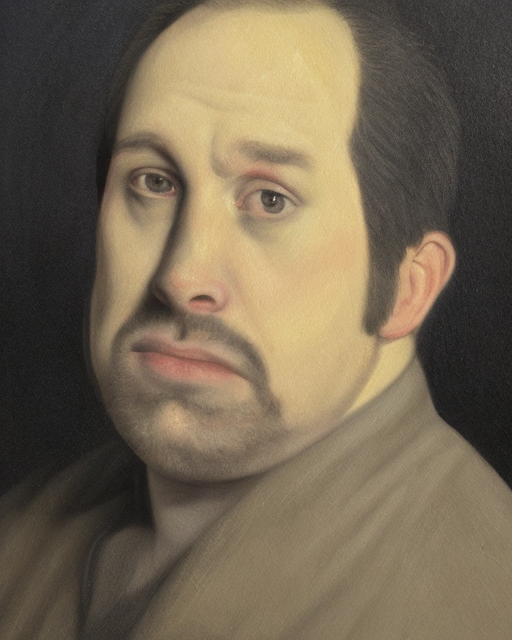Loss of Innocence
Are childishness and idealism closely related? What do we really mean when you speak of lost innocence? And why do sometimes see this loss as a good thing ("maturity") sometimes and a bad things other times?
I'm trying to figure out my new relationship with the world, specifically with others. To no longer "live up" to ideals of who the ideal son is, or the ideal partner, or the ideal friend. I guess I've lost my innocence in this regard in this sense that I have no illusions that they cannot be reached.
I am still processing the sudden breaking off from a woman who I thought I connected with on a deeper level. The spectre of hope remains, floating at the back of my mind, haunting the visions of my future.
In many ways I remain quite childlike. I harbour the hope it will all "work out" when really there is no basis for this cheerfulness. Why should it work out? I am not special, even among the paltry 8 billion human beings. Let alone as a collection of matter in the context of the universe.
I think to myself "I'd like to remain friends. We could talk about our music." Do I really just want someone intelligent to talk about my music at? Perhaps, though I do feel I'm being unfair on my motivations. I did enjoy her company, and I did feel connected, and I did enjoy hearing the passion with which she spoke about music and dance.
Alas, part of my childishness is an implicit assumption that everyone else is golden and I'm the one that needs improving. I hold this belief, in part, because it gives me a sense of control. I only have control over my own life, I think to myself, so improving myself controls the outcome. Perhaps she broke up with me because of some deficiency, which I will speculate upon and summarily address. Ex-post risk management, the most useless kind.
Obviously, this is not the case. Even when the person literally tells me in so many words: "I have issues!" I act surprised when she acts in a manner I find irrational. I've acted like a child who, after being warned by a parent that the water is hot, proceeds to stick his finger in - only to act shocked that the water was indeed painfully hot.
Perhaps it isn't all bad. There are Greek myths relating hopeless myths. We see the hopelessness of the act as the very thing which makes the act noble and heroic. There's the danger of turning oneself into a martyr, of falling in love with this idea of oneself being a tragic hero similar to one of the 300 Spartan soldiers.
Yet there's something genuinely useful in asking myself which acts, though hopeless, are worth engaging in regardless? What if the Sultan didn't change the law so that Aladdin wouldn't marry, would he still have acted in the same way? Or rather, would I think about his sacrifice differently? What if Hercules' powers had not been restored and he just died? Would I think that he did the right thing still? I shouldn't write children's stories... Or maybe I should.
To divorce risk taking from expectation sounds strange, and I'm not sure what the point of taking risk without expecting some reward would be. Perhaps instead it's a matter of consciously acknowledging what the risks are and basing your decision to date knowing full well your type are emotionally damaged, artistic girls who can change their mind about you at the drop of a hat.
